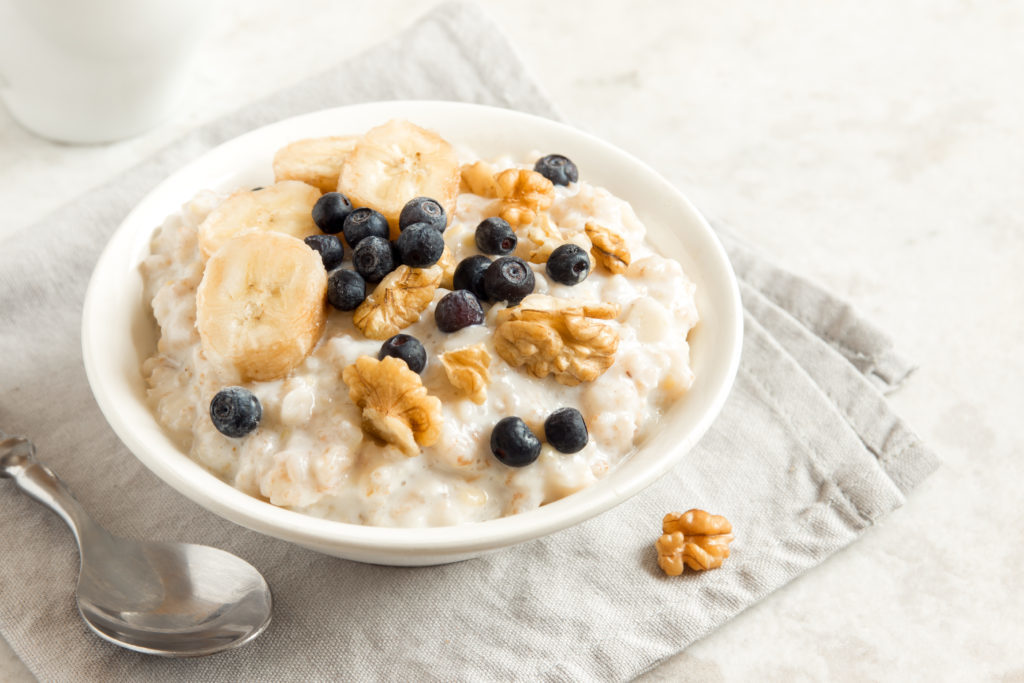Dr Hilary Jones Talks Us Through Avoiding Common Hidden Health Risks

By Dr Hilary Jones, Hidden Hearing’s Medical Ambassador.
Being in tune with our body and seeking help when we notice new symptoms is key to future-proofing our health and well being, but some illnesses arise without necessarily producing any early symptoms at all!
Conditions such as high blood pressure, glaucoma, diabetes and osteoporosis are amongst the more widely publicised conditions which can often develop without any symptoms initially, so we asked GP & Medical Broadcaster, Dr Hilary Jones, to share his top tips for recognising other hidden health risks we shouldn’t ignore!
1 Having a sweet tooth
We all know that feeling of needing a pick-me-up, often in the form of a chocolate biscuit at 3 pm! Well, researchers at Yale University have revealed that the dramatic fall in blood sugar, which happens after eating sugary foods as a result of sudden insulin secretion in the body, can make us more likely to give in to sweet cravings. However, relying on sugary treats to get through the day can be a sign of something more than just a sweet tooth!
Sugar cravings and fatigue can indicate seasonal affective disorder, whilst tiredness with weight gain and an intolerance of cold weather could point to an underactive thyroid.
Tip: Having a blood test will assess whether your thyroid is functioning as it should, so make a visit to your GP if you’re worried and ask about ways to reduce sugar in your diet. In the meantime, opt for healthier alternatives to sugary snacks such as unsalted almonds which are packed with magnesium for a fast energy boost, or a banana which is brimming with B vitamins – great for longer-lasting energy when you’re on the go.
2 Missing out on the jokes
Missing the punchline in one too many jokes and feeling like you’re not able to enjoy conversations and social situations like you used to is a common symptom of having a potential hidden hearing loss.
Unlike our eye health, our hearing is something we can be guilty of ignoring, even though it’s crucial to our everyday enjoyment in life – not to mention our work, relationships and our ability to relax and enjoy music or our favourite TV program. Latest research shows that the longer we delay seeking help for a potential hearing problem, the harder it is to restore it with the help of a hearing aid. Furthermore, studies show that straining to hear in conversations forces the brain to work harder. Overtime, this extra effort can take its toll on the brain and hearing loss has been shown to increase a person’s risk of dementia by up to 2-5 times.
Tip: Hearing loss can’t always be prevented, but going for regular hearing checks will ensure your hearing health is taken care of, as well as helping to safe guard your future cognitive health too. To book a free hearing test near you, visit your local Hidden Hearing.
3 Feeling the burn
Acid reflux, also known as heartburn, is the most frequent cause of indigestion in the UK. Coffee, alcohol, chocolate, and fatty or spicy foods can all be triggers, but not many are aware that anxiety can also contribute to that painful burning feeling in your throat or chest. Not everyone experiences heartburn when they’re stressed, but stress is known to affect the digestive process, so it’s possible that anxiety is causing your body to digest foods poorly, leading to acid build-up. Overtime acid reflux can lead to hoarseness and a chronic cough so it’s important seek help.
Tip: The best way to eliminate anxiety-related heartburn is to recognise what’s causing your anxiety in the first place. Reducing your stress levels through exercise, relaxation, and therapy can help to ease the symptoms. Eat little and often and remember that spicy and acidic foods can compound the problem so it’s best to eliminate them. Always seek help if reflux lasts more than 3 weeks, especially if you’re over 50.
4 Hitting the snooze button
For many of us, forcing ourselves out of bed in the morning can be the biggest struggle of the day. Whether your bed is just too comfy, you’re tired, or you just don’t want to go to work, it’s a feeling that we all get from time to time. But feeling unable to get out of bed can be a sign of something more serious. If you’re feeling tired all the time, have trouble sleeping and struggle with low energy then you could be one of the millions of people who are depressed or deficient in a crucial mineral – iron! Iron helps make red blood cells which transport oxygen around the body, and without them we can be left feeling like we’re constantly tired. Looking “pale and interesting” is another sign of iron deficiency, along with feeling short of breath and being aware of your heart beating faster than usual.
Tip: One of the easiest ways to up your stamina is to increase your intake of foods rich in haem iron, such as red meat (up to 500g a week). Drinking fruit juice with your red meat will also help your body to absorb the iron thanks to the vitamin C. If red meat isn’t for you, having a side of green leafy veg with your meal is a great way to incorporate more iron-rich foods, along with shellfish such as mussels and oysters!
5 Walking is a pain
As we get older our risk of having high levels of the LDL, known as “bad cholesterol” increases our risk of heart disease, yet many people aren’t aware they have it. Symptoms like white spots around your eyelids, a white ring around the iris or even pain when walking due to poor circulation, could indicate high cholesterol levels. So what causes it? Many things can affect cholesterol levels, including the foods you eat, not exercising enough, if your family members have or had high cholesterol, and your age, of course, as cholesterol naturally starts to rise after the age of 20.
Tip: Know your numbers by getting a cholesterol test done every 5 years. If your cholesterol is higher than it should be, there are things you can do. Create a more heart-healthy lifestyle by upping your activity levels and creating new habits, for instance, instead of having dessert, take a short walk, and reducing your intake of saturated fat by choosing leaner cuts of meat and low-fat dairy products. Also try upping your intake of beta-glucans, a type of soluble fibre found in porridge which is proven to have a cholesterol lowering effect.








